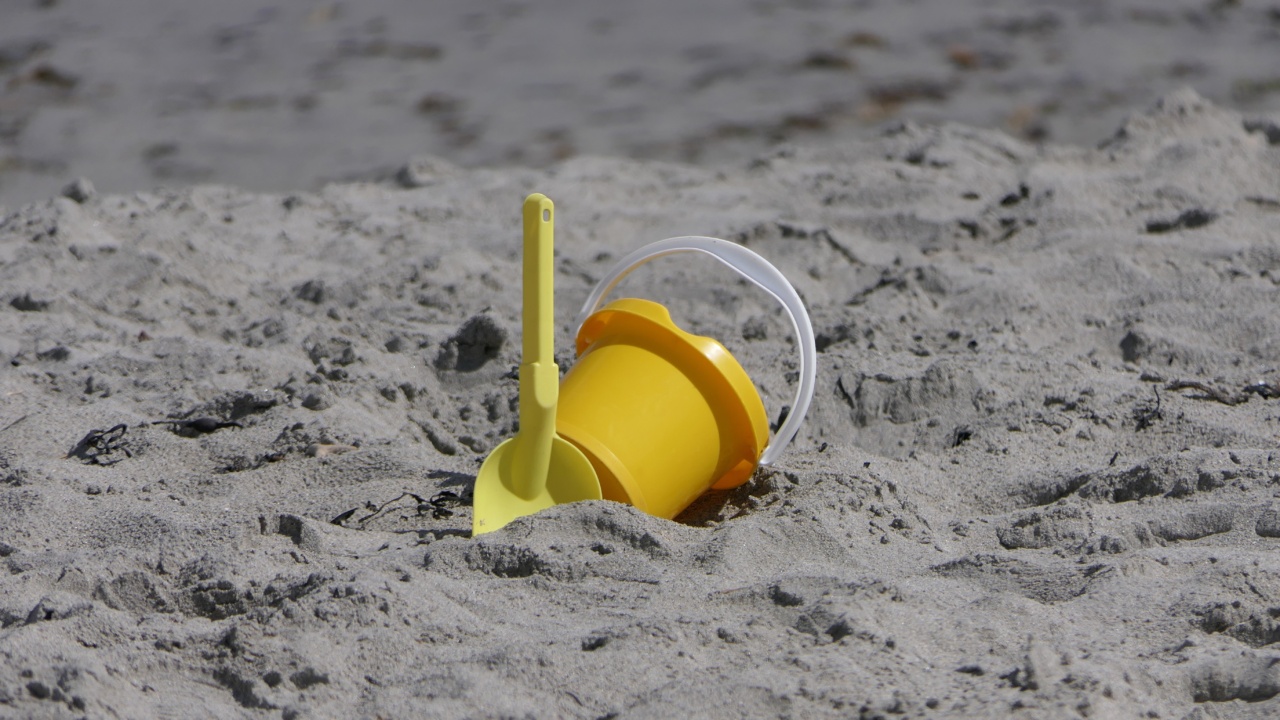Urinary tract infections (UTIs) and kidney calculus, also known as kidney stones, are common conditions that affect the urinary system.
Despite sharing some similarities, these two conditions have distinct differences in terms of causes, symptoms, and treatment approaches. This article aims to provide an in-depth understanding of UTIs and kidney calculus, highlighting their differences and offering insights into their management.
What are Urinary Tract Infections?
Urinary tract infections (UTIs) occur when bacteria enter the urinary system, leading to infection in areas such as the urethra, bladder, or kidneys. UTIs are more common in women than in men.
They can result from various factors, including poor hygiene, sexual activity, or the use of certain contraceptives.
Symptoms of Urinary Tract Infections
The symptoms of UTIs can vary depending on the affected area of the urinary system. Common symptoms may include:.
- Frequent urge to urinate
- Burning sensation during urination
- Cloudy or strong-smelling urine
- Lower abdominal pain or discomfort
- Feeling tired or shaky
- Fever or chills (in more severe cases)
Diagnosis and Treatment of Urinary Tract Infections
To diagnose a UTI, a healthcare professional may require a urine sample for analysis. This helps identify the presence of bacteria or white blood cells, indicating an infection.
Depending on the severity and recurrence of UTIs, treatment options may involve:.
- Antibiotics: Prescribed to kill the bacteria causing the infection.
- Increased fluid intake: Helps flush out bacteria from the urinary system.
- Pain relievers: To alleviate symptoms like pain or discomfort during urination.
- Lifestyle changes: Recommendations for maintaining good urinary tract health.
Understanding Kidney Calculus
Kidney calculus, or kidney stones, are solid masses that form in the kidneys when there is an accumulation of certain substances, such as calcium, oxalate, or uric acid.
These substances can crystallize and clump together, leading to the formation of stones. Kidney stones can range in size and can cause significant discomfort.
Symptoms of Kidney Calculus
The symptoms of kidney stones may include:.
- Sudden and severe pain in the back, side, or lower abdomen
- Blood in urine
- Frequent need to urinate
- Painful urination
- Cloudy or foul-smelling urine
- Nausea and vomiting
Diagnosis and Treatment of Kidney Calculus
To diagnose kidney stones, a healthcare professional may request various tests:.
- Imaging tests: X-rays, CT scans, or ultrasounds can help visualize the stones.
- Urine tests: To evaluate the levels of substances that contribute to stone formation.
- Kidney stone analysis: Examination of the passed stone to determine its composition.
Treatment options for kidney stones include:.
- Pain medications: To manage the intense pain associated with passing a stone.
- Fluid intake: Drinking plenty of water to help pass smaller stones naturally.
- Medications: Prescribed to aid in the passage or dissolve certain stones.
- Surgical intervention: For larger stones or cases where other methods fail.
Prevention Tips for UTIs and Kidney Calculus
Preventing UTIs:.
- Drink plenty of water to flush out bacteria from the urinary system.
- Urinate before and after sexual activity to reduce the risk of infection.
- Maintain good personal hygiene, especially in the genital area.
- Avoid using irritating feminine hygiene products or strong soaps.
Preventing Kidney Calculus:.






























